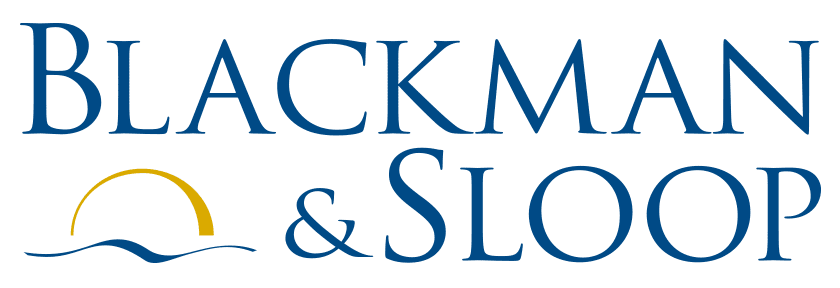Out of all of the IRS reporting requirements, Foreign Bank Account Reporting (FBAR) can seem the most daunting. After all, taxpayers who are non compliant can be subject to civil or criminal penalties. Think: $100,000 fine per account, or half of each account’s value per year for each year unfiled. Scary stuff! But it doesn’t need to be if it is done right.
Here is when FBAR may apply to you:
- • If you own or have signature authority over foreign accounts that had an aggregate value of over $10,000 at any time during the year
- • If you are receiving certain amounts of income from a foreign individual, or an account or entity located outside of the U.S.
According to the IRS, foreign financial accounts “include, but are not limited to, a securities, brokerage, savings, demand, checking, deposit, time deposit…a commodity futures or options account, an insurance or annuity policy with a cash value, and shares in a mutual fund,” and even retirement accounts (for example: Canadian RRSP) over which the taxpayer has custody.
There are several forms associated with FBAR; but the most commonly used is the Form TD F 90-22.1. This form, which is actually for the U.S. Treasury Department, is not filed with your individual tax return; but rather it must be received by the U.S. Department of the Treasury by June 30th. Fortunately, you do not use this form to report income. Instead, its purpose is to declare all bank accounts owned outside of the U.S. that had over a $10,000 aggregate value at any point during the year.
Taxpayers must separately report income from these accounts where such items are normally reported on a tax return. Some of the most common forms of foreign income include interest and dividends earned, pension and trust distributions, and capital gains. Foreign taxes that have already been paid or withheld from these income sources should be included as well so that the taxpayer can receive a credit against their Federal income tax.
Two additional FBAR forms, which are filed with your individual tax return, are Form 3520 and Form 8938. The first applies if you are involved with a foreign trust, or if you have received more than $100,000 from a foreign person or $14,723 from a foreign corporation or partnership. The second must be filed if the taxpayer has foreign financial assets totaling over $75,000 ($150,000 for married filing jointly) at any point during the year, or $50,000 ($100,000 married filing jointly) at year end.
It is important to note that many do-it-yourself home tax programs do not have the capabilities to properly comply with FBAR. If you have questions or concerns in this area of reporting, now would be a great time to contact our office for assistance. Several of the accountants at our firm have expertise in foreign tax matters and would love to work with you.
About Blackman & Sloop CPAs, P.A.:
Blackman & Sloop is a full-service CPA firm headquartered in Chapel Hill, North Carolina and is actively involved in auditing, taxation, management consulting, financial planning, and related services. The firm directs a large part of its services toward providing management with advice on budgeting, forecasts, projections, financing decisions, financial analysis, and tax developments. The firm also performs review and compilation services and prepares not-for-profit, corporate, individual, estate, retirement plan, and trust tax returns as well as technology consulting services regarding installation and training on QuickBooks. Blackman & Sloop provides services in Raleigh, Durham, Chapel Hill, RTP, Hillsborough, Pittsboro, Charlotte, and the rest of North Carolina. To find out more please visit http://www.blackmansloop.com
Contact: CPA cpa@blackmansloop.com
Toll Free: 1-877-854-7530The Exchange West
1414 Raleigh Rd, Suite 300 Chapel Hill, NC 27517




